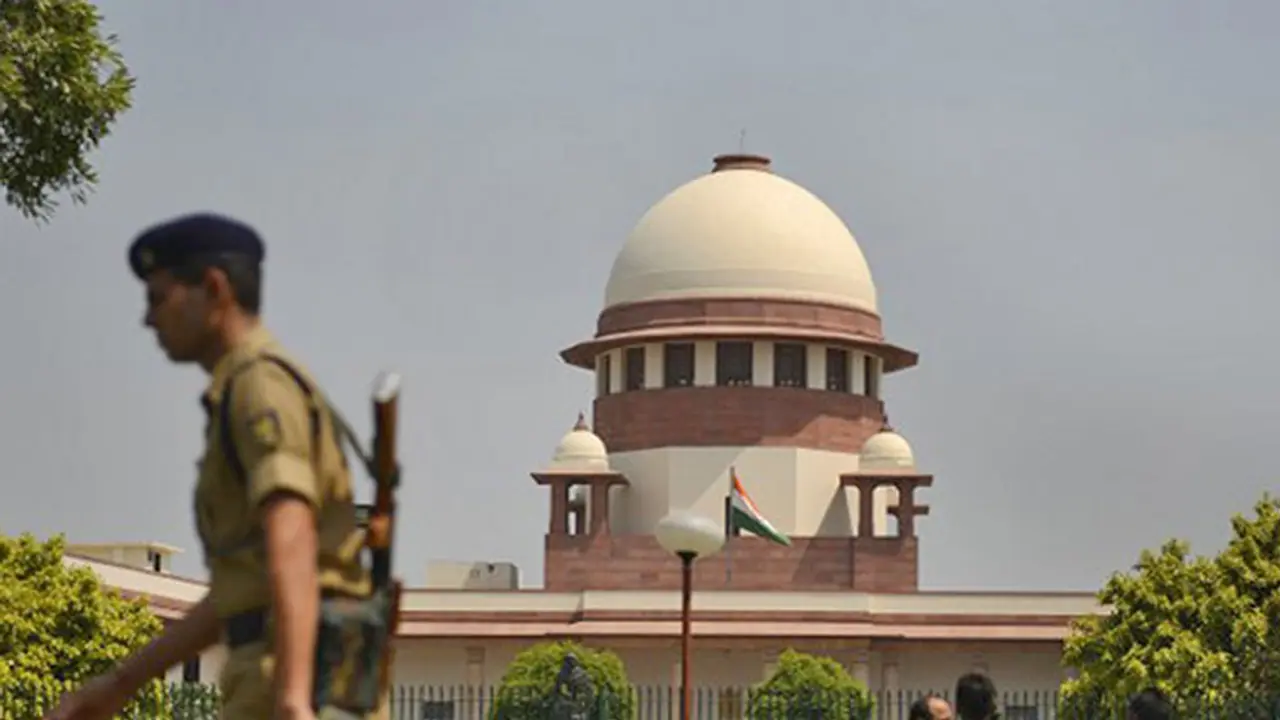The BJP received plenty of judicial flak this year, especially for demonetization. The apex court cancelled President's Rule in Arunachal Pradesh and Uttarakhand. The government was also engaged in a war of words with the judiciary over the appointment of judges.
The Escalation of a tussle between judiciary and government over appointment of judges for higher courts and rumblings within the Collegium over its "opaque" working dominated high-voltage events in 2016 in the Supreme Court, where the Modi government suffered huge embarrassment over central rule in Arunachal Pradesh and Uttarakhand.

The government was also kept on tenterhooks after the televised announcement by Prime Minister Narendra Modi to declare Rs 500 and Rs 1,000 notes as illegal tenders, with the apex court regularly expressing concern over its impact on the people and asking inconvenient questions.
Though it refused to tinker with demonetisation, a batch of petitions challenging the move has been referred to a five-judge Constitution Bench for an authoritative pronouncement.
Besides getting the flak on demonetisation, the BJP-led NDA government also got a shock treatment from the apex court for imposing President's Rule in Arunachal Pradesh and Uttarakhand, even as it was engaged in a war of words with the judiciary over appointment of judges for higher judiciary with each accusing the other of crossing the 'Lakshman Rekha'.
The turf war between them that had begun last year after the quashing of the National Judicial Appointment Commission (NJAC) Act escalated this year as the court first threatened to take up the issue of judges' appointment in the judicial side but later took up a PIL and blamed the Centre for bringing the judiciary to a "grinding halt".
Emotion and high drama were witnessed over the issue as Justice T S Thakur, who will demit office as Chief Justice of India on January 3, broke down at a function attended by the Prime Minister while complaining about huge vacancies in the judiciary.
He made light of the constant plea of the Centre that it was the collegium which was not finalising the Memorandum of Procedure (MoP) on the appointment of judges, saying non-finalisation of MoP was no ground for not appointing judges.
While it was grappling with the common criticism of the Collegium being opaque in functioning, a voice of dissent came from within as Justice J Chelameswar, part of the Collegium, wrote to the CJI, withdrew from collegium meetings and sought written notes on deliberations to decide on names for appointment as judges.
The Modi government also had a tough time dealing with the issues of appointment of Lokpal and the CBI director which came up before the apex court.
The government dared for the first time in India's constitutional history to oppose the practice of triple talaq, 'nikah halala' and polygamy among Muslims and favoured a relook by the Supreme Court on the grounds of gender equality and secularism which was opposed by various Muslim bodies.
The year also saw politicians like late J Jayalalithaa, Congress leaders Sonia Gandhi, Rahul Gandhi, Manmohan Singh, Delhi Chief Minister Arvind Kejriwal, Subramanian Swamy and BJP President Amit Shah as the newsmakers from the Supreme Court as well.
Shah was among them to get a huge relief from the apex court which upheld the Bombay High Court decision giving him a clean chit in the Sohrabuddin Sheikh fake encounter case by dismissing an appeal, a subsequent review and curative petitions.
